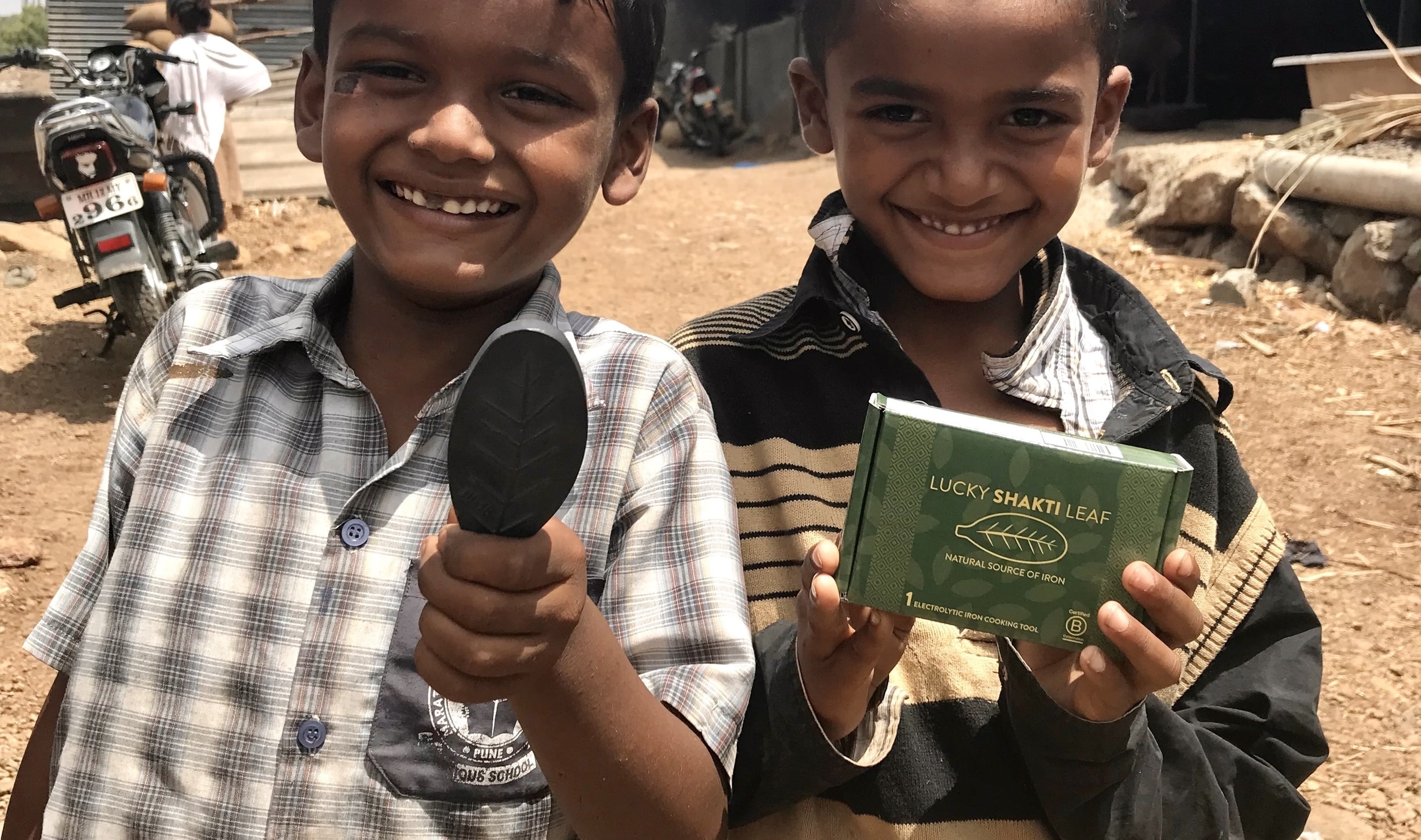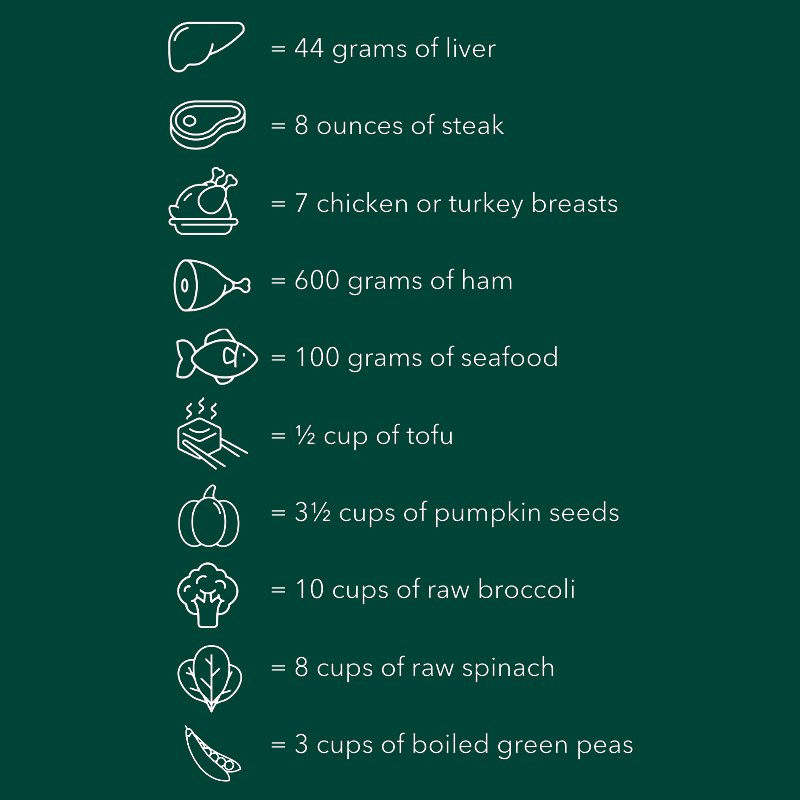
About Iron Deficiency
Iron 101
Why is iron important?
Iron is the nutrient that helps the blood move oxygen from our lungs to the rest of the body. Therefore, iron levels impact every bodily function at some level. Iron helps muscles store & use oxygen, it helps regulation of cell growth, it impacts cognitive development in children, and so much more.
Iron is literally the nutrient that feeds our body and our brain.
What happens when a person has low iron levels?
When people have low iron levels in their body, they are experiencing an iron deficiency. One can experience iron deficiency due to:
- Insufficient absorption of iron
- Inadequate consumption of iron
- Excessive loss of iron from the body (eg. menstruation)
Depending on the severity of the deficiency, low iron levels can impact one’s immune system, memory, cognitive development, and in extreme cases it can also cause death. The most common symptoms of iron deficiency are:
Iron deficiency is serious
Extreme cases of iron deficiency can be fatal, and are usually treated with blood transfusions.
Treatment is imperative
If left untreated, iron deficiency can make people more susceptible to illness and infection.

What happens when a large part of the population has iron deficiency?
Due to the nature of this malnourishment impacting every aspect of one’s life, iron deficiency is estimated to reduce work capacity by 20%, in turn, affecting the gross domestic product (GDP) of a country. As per a World Bank estimate, iron deficiency caused a loss of $20.25 billion to the Indian economy in 2016 alone.
In India, a staggering 53% of women (15-49 years) and 58.6% of children (6-59 months) are anaemic!
Iron deficiency impacts the learning and the earning potential of individuals. Lucky Shakti Leaf believes that in good health, people are one step closer to fulfilling their true potential.
How much iron does a person need?
Per USDA and Health Canada, the recommended iron levels depend on a person’s age & gender.
The iron requirements also depend on one’s lifestyle.
For example, iron requirement for vegans/ vegetarians is 1.8 times higher.
High performing athletes also require significantly more iron than an average individual.
What foods are rich in iron?
There are two types of iron available in our diets- Heme iron and Non-Heme iron. Our bodies absorb Heme iron a lot more readily than Non-Heme iron.
Animal-based foods (meats, poultry, seafood, and fish) contain both Heme and Non-Heme iron, whereas
Plant-based foods (vegetables, grains, legumes, etc.) only contain Non-Heme iron.
Animal products (dairy & eggs) also contain Non-Heme iron.
Some iron-rich foods include
- Liver and other Organ Meats
- Shellfish- such as oysters, clams, mussels
- Red meats
- Chicken, Turkey, Duck and other poultry
- Tofu
- Dark leafy vegetables (spinach, kale)
- Legumes- such as chickpeas, lentils, soybeans, kidney beans
- Nuts & seeds, especially pumpkin seeds
- Quinoa
- Broccoli

